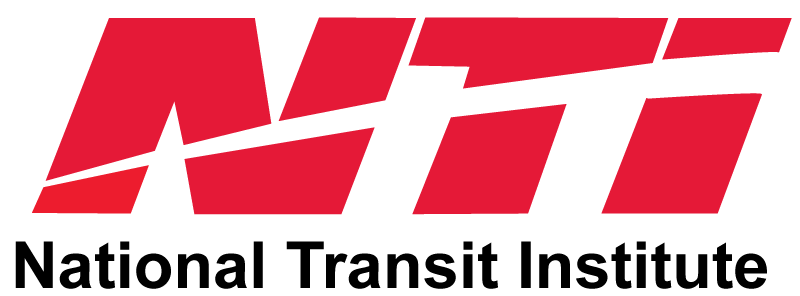No deliveries currently, please check back!
Description:
Many transit agencies are embracing the concept of ‘mobility management’, which is a strategic approach to designing and delivering transportation services that starts and ends with the customer. It begins with a community vision in which the entire transportation network – public transit, private operators, cycling and walking, volunteer drivers, and others – works together with customers, planners, and stakeholders to deliver the transportation options that best meet the community’s needs.
Traditionally, mobility management has focused on meeting the needs of individuals and groups (e.g., people with disabilities, older adults, low-income), in particular by coordinating and improving human services transportation. However, when implemented with a systems perspective, mobility management can move transit agencies away from their roles as fixed-route service operators and toward collaboration with other transportation providers. The idea behind this approach is to create a full range of well integrated mobility services within a community, that meets the needs of all customers better.
This course is designed to help build the capacity of transit professionals to implement and scale up mobility management strategies and initiatives and expose participants to promising practices in the field. Topics to be addressed include but not limited to:
- Leading change in your organization and community
- Articulating a mobility management vision, goals and desired outcomes
- Building connections among integration partners
- Tools to assist in partnership development
- Measuring mobility management success and performance
- Program and project implementation
- Communication, outreach and marketing
Audience:
Mobility management professionals with 1-5 years of experience in transportation or mobility-related field and who play a role in implementing mobility management strategies, including: public transit agency professionals; recipients and/or sub-recipients of FTA Section 5307 (urban program), Section 5310 (older adults/people with disabilities program) or Section 5311 (rural program); human services transportation providers; planning organization professionals; Veterans Administration employees; Non-Emergency Medical Transportation (NEMT) service providers; and aging, disability, physical and behavioral health, veterans, housing, employment and training, and food and nutrition services providers.
Length: 2 days
CEUs: 1.40
Contact:
Myrna Sirleaf
msirleaf@nti.rutgers.edu
